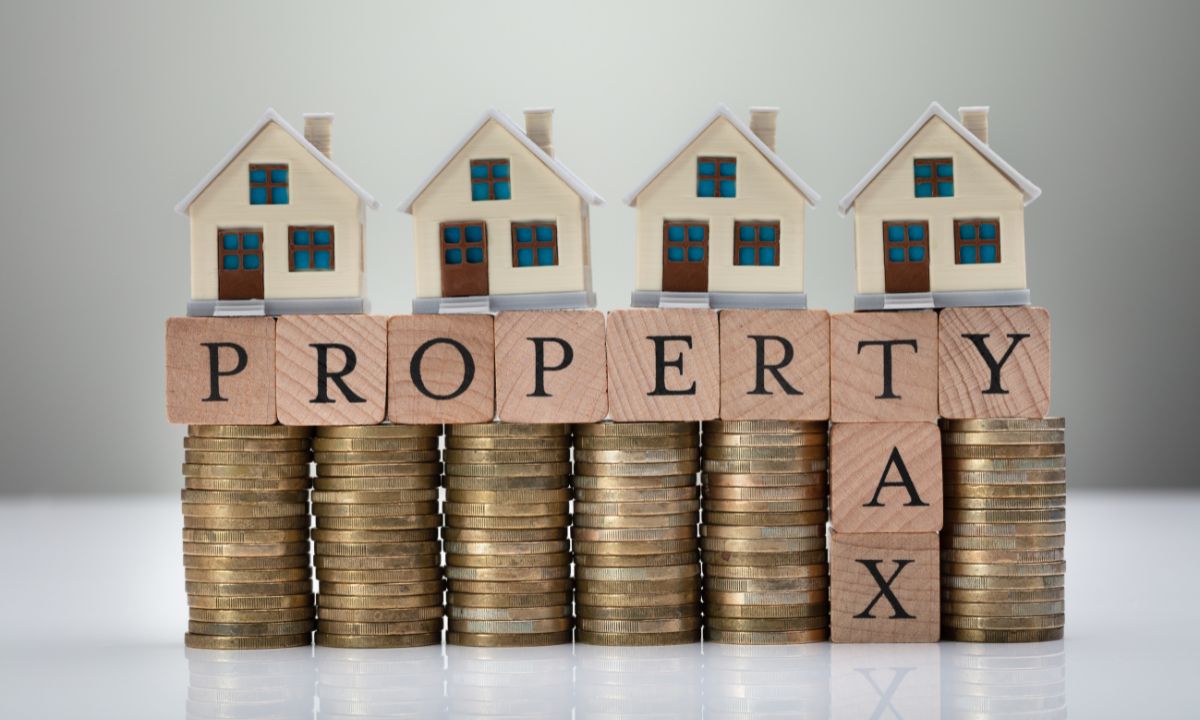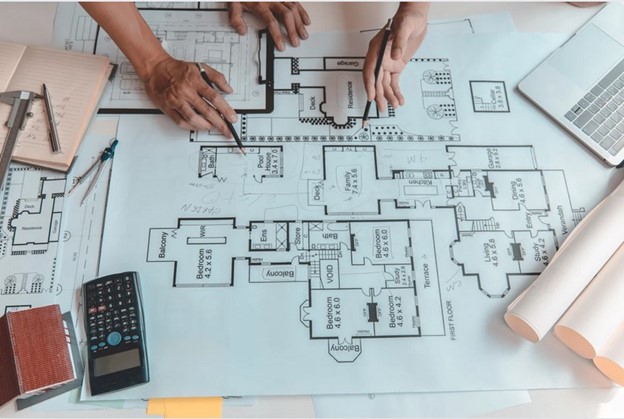 Retirement is a significant milestone in one’s life, symbolizing the culmination of years of hard work and dedication. As individuals approach this stage, meticulous planning becomes imperative to ensure a comfortable and financially secure future. Among the plethora of retirement planning options, real estate emerges as a challenging player, offering unique advantages that can enhance the overall strategy. Let’s discuss the pivotal role that real estate plays in retirement planning and why it deserves a prominent place in your financial portfolio.
Retirement is a significant milestone in one’s life, symbolizing the culmination of years of hard work and dedication. As individuals approach this stage, meticulous planning becomes imperative to ensure a comfortable and financially secure future. Among the plethora of retirement planning options, real estate emerges as a challenging player, offering unique advantages that can enhance the overall strategy. Let’s discuss the pivotal role that real estate plays in retirement planning and why it deserves a prominent place in your financial portfolio.
Building Equity for the Future:
One of the fundamental advantages of investing in real estate is the potential for equity growth over time. Unlike other assets that may fluctuate in value, real estate often appreciates in the long run. By acquiring property early in your career and allowing it to accumulate value, you’re essentially building a robust foundation of equity that can serve as a valuable financial resource during retirement.
Steady Income Stream through Rental Properties:
Real estate’s ability to generate a steady income stream is a crucial factor in retirement planning. Owning rental properties allows retirees to enjoy a regular source of passive income, supplementing other retirement income streams such as pensions or social security. Well-managed rental properties can provide a reliable and predictable cash flow, ensuring financial stability throughout retirement.
Diversification for Risk Mitigation:
Diversification is a key principle in any successful investment strategy, and real estate offers an excellent avenue for achieving it. By diversifying your retirement portfolio to include real estate assets, you can spread risk and reduce vulnerability to market fluctuations. Real estate’s performance often exhibits low correlation with traditional financial markets, providing a hedge against economic downturns and uncertainties.
Hedging Against Inflation:
Inflation erodes the purchasing power of money over time, posing a significant threat to retirees. Real estate, however, has historically proven to be an effective hedge against inflation. Property values and rental income tend to rise with inflation, ensuring that the real value of your real estate assets remains relatively stable over the long term.
Downsizing and Lifestyle Adjustments:
Real estate plays a dynamic role in retirement planning by offering options for downsizing or making lifestyle adjustments. Retirees can leverage the equity built in their properties by selling and downsizing to a smaller, more manageable home. This not only releases funds for retirement expenses but also reduces maintenance costs and property taxes.
As individuals navigate the intricate landscape of retirement planning, embracing the role of real estate can significantly enhance their financial well-being. From building equity and generating passive income to providing a buffer against inflation, real estate stands as a versatile and resilient asset class. Including real estate in your retirement portfolio offers not only financial benefits but also the peace of mind that comes with a diversified and well-rounded approach to securing your future.
 Buying a home, a car, or any significant investment often involves making a down payment. The down payment is a crucial part of the purchasing process, as it can impact your loan terms, interest rates, and monthly payments. But how much should you save for a down payment, and why is it so important?
Buying a home, a car, or any significant investment often involves making a down payment. The down payment is a crucial part of the purchasing process, as it can impact your loan terms, interest rates, and monthly payments. But how much should you save for a down payment, and why is it so important? When it comes to finding the perfect place to call home, the variety of property types available can be both exciting and overwhelming. The real estate market offers a plethora of options, each with its own unique features, advantages, and considerations. From the cozy solitude of a single-family home to the dynamic potential of multi-family units and beyond, understanding these property types is key to making an informed and satisfying choice.
When it comes to finding the perfect place to call home, the variety of property types available can be both exciting and overwhelming. The real estate market offers a plethora of options, each with its own unique features, advantages, and considerations. From the cozy solitude of a single-family home to the dynamic potential of multi-family units and beyond, understanding these property types is key to making an informed and satisfying choice. Purchasing a home is one of the most significant financial investments one can make in one’s lifetime. However, beneath the glossy exterior of a prospective dream home lies a world of hidden issues that can have a profound impact on your investment.
Purchasing a home is one of the most significant financial investments one can make in one’s lifetime. However, beneath the glossy exterior of a prospective dream home lies a world of hidden issues that can have a profound impact on your investment. Imagine having some extra cash on hand, enough to make a significant financial decision that could potentially shape your future. You’ve worked hard to build equity in your home, and now you find yourself at a crossroads. Should you invest in a vacation home or use the money to pay off your first mortgage?
Imagine having some extra cash on hand, enough to make a significant financial decision that could potentially shape your future. You’ve worked hard to build equity in your home, and now you find yourself at a crossroads. Should you invest in a vacation home or use the money to pay off your first mortgage? Making major life decisions often involves a delicate balancing act. Among the most significant choices individuals face are buying a new car and purchasing a new home. Both ventures represent milestones in one’s life, bringing excitement and anticipation. However, there is a complex interplay between these two financial endeavors that can significantly impact a person’s ability to achieve their dream of owning a new home. Here are some factors to consider:
Making major life decisions often involves a delicate balancing act. Among the most significant choices individuals face are buying a new car and purchasing a new home. Both ventures represent milestones in one’s life, bringing excitement and anticipation. However, there is a complex interplay between these two financial endeavors that can significantly impact a person’s ability to achieve their dream of owning a new home. Here are some factors to consider: Buying your first home is an exciting milestone in life, but it can also be overwhelming and filled with questions. As a first-time home buyer, you want to make informed decisions and ensure a smooth process. Below we will address some of the common questions that first-time home buyers often ask.
Buying your first home is an exciting milestone in life, but it can also be overwhelming and filled with questions. As a first-time home buyer, you want to make informed decisions and ensure a smooth process. Below we will address some of the common questions that first-time home buyers often ask. When buying or selling a property, one crucial step in the process is obtaining an appraisal to determine its value. Appraisals provide an objective assessment of a property’s worth, influencing important decisions such as mortgage approvals, negotiations, and even insurance premiums.
When buying or selling a property, one crucial step in the process is obtaining an appraisal to determine its value. Appraisals provide an objective assessment of a property’s worth, influencing important decisions such as mortgage approvals, negotiations, and even insurance premiums. Making the decision to build a home might be one of the biggest you make in your life. You’ve found the perfect plot of land and have a vision of what type of home you want, but you need someone to bring your dream to life.
Making the decision to build a home might be one of the biggest you make in your life. You’ve found the perfect plot of land and have a vision of what type of home you want, but you need someone to bring your dream to life.